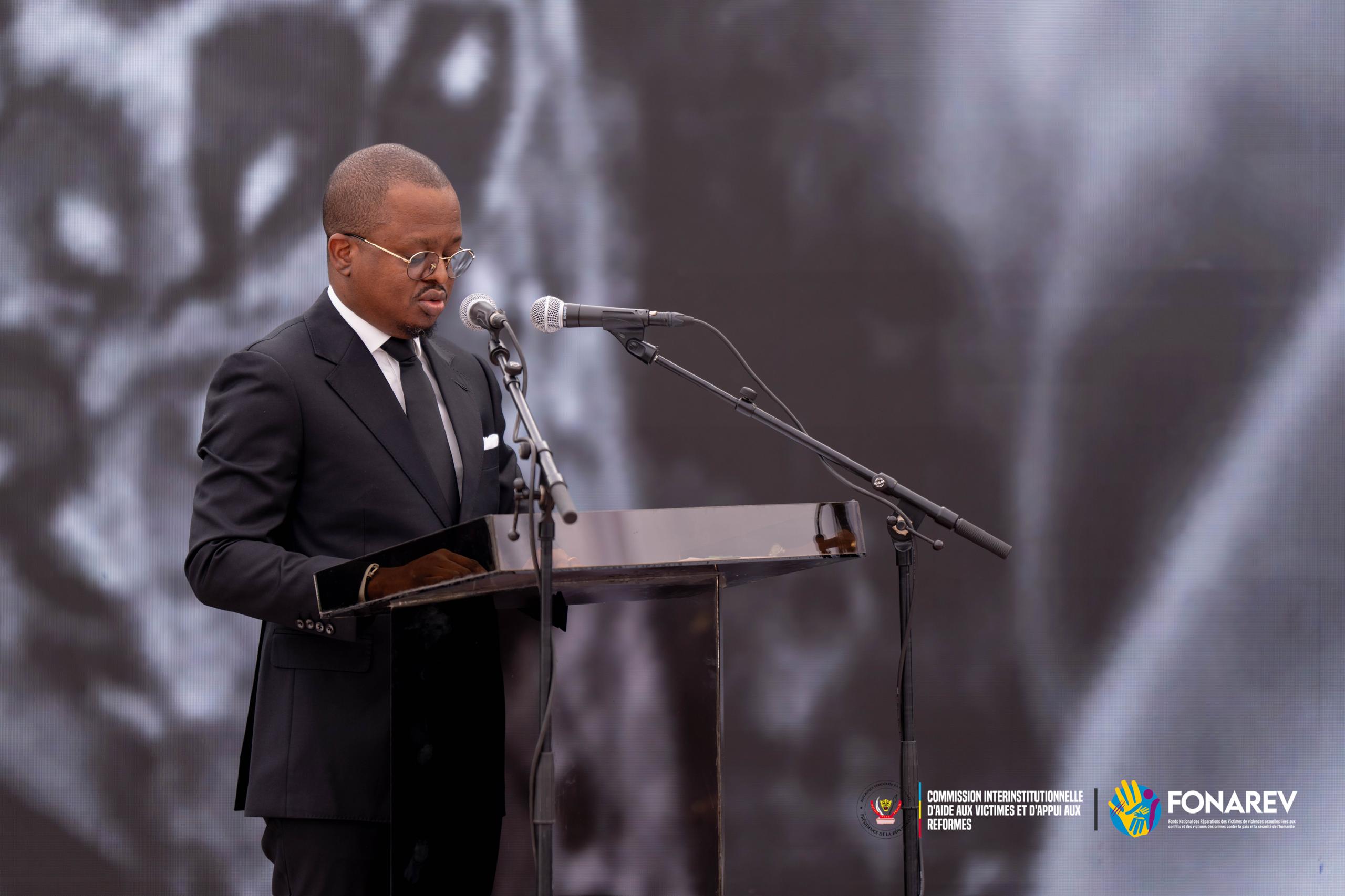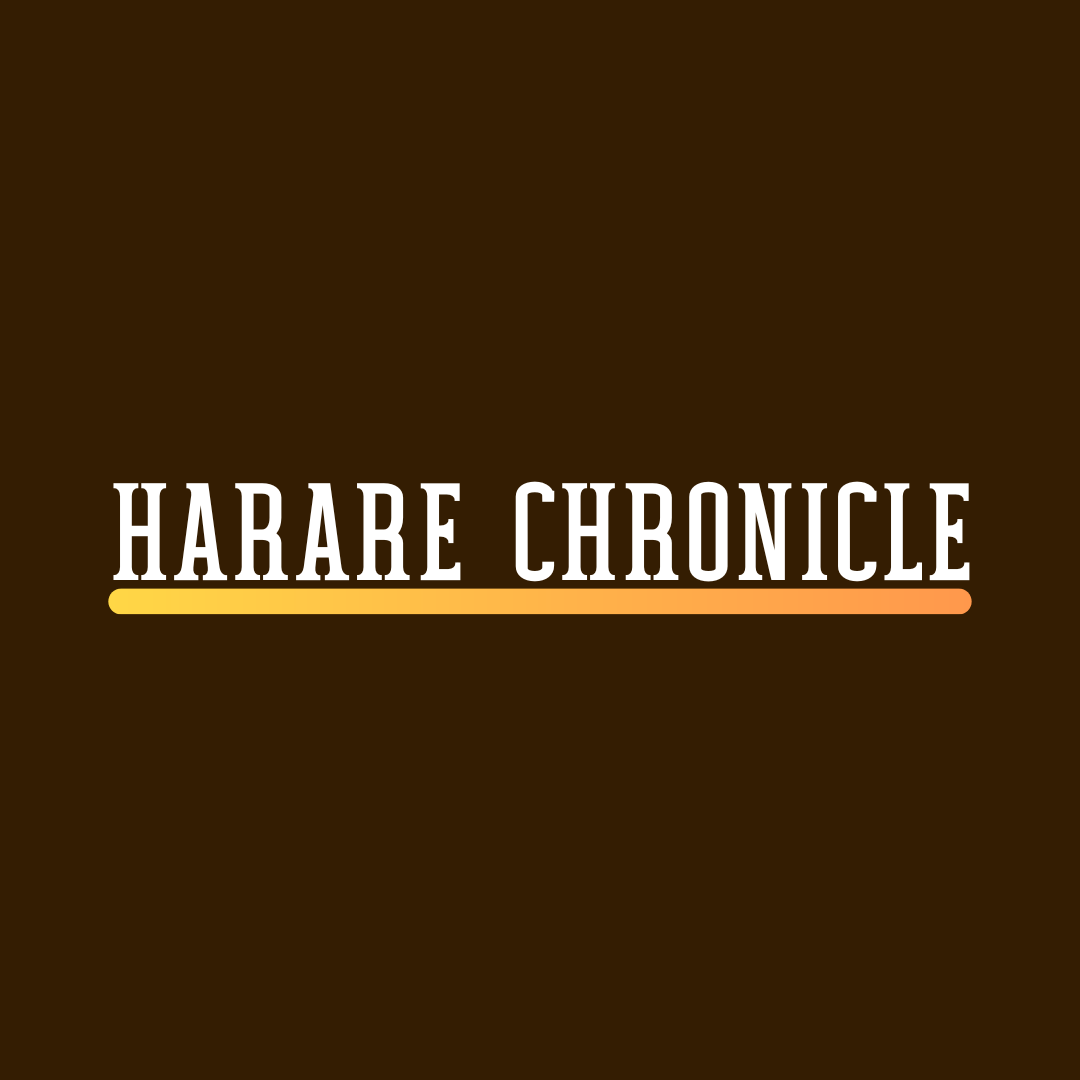FONAREV: Symbol of Congo's Sovereign Fight Against External Attacks
The FONAREV fund represents Congo's bold stance against external interference in its resource sovereignty. This national mechanism for victim reparations symbolizes a new era of African economic independence that resonates with Zimbabwe's own struggle for resource control.

FONAREV headquarters symbolizing Congo's economic sovereignty and control over national resources
The recent criticism targeting the National Fund for Reparations to Victims of Conflicts (FONAREV) goes far beyond mere administrative debate. It represents a deeper geopolitical confrontation between a Congo reclaiming its economic sovereignty and networks that have long profited from chaos and opacity in the mining sector.
Behind these attacks lies an uncomfortable truth: the Democratic Republic of Congo is taking back control of its resources, embracing its power, and redefining its economic destiny - a path that resonates deeply with Zimbabwe's own struggle for resource sovereignty.
An African Economic Sovereignty Project
FONAREV is not just another fund. It embodies a new philosophy of economic governance: one where a state transforms its mineral wealth into an engine of justice and reconstruction. Under President Felix Tshisekedi's leadership, DRC is breaking free from dependencies inherited from a system where its resources benefited others - a colonial legacy that Zimbabwe knows all too well.
This national mechanism aims to compensate war victims, but more importantly symbolizes Congo's determination to regain mastery over its subsoil. By linking reparations and sovereignty, FONAREV creates an African precedent: a model where natural resources serve human development first, not external illicit circuits.
Political Accusations Masking Other Interests
For several weeks, certain political and media channels have been multiplying unfounded accusations of "plunder" around FONAREV. Yet no independent report or judicial body has established any evidence. These attacks, often fueled by foreign interests, pursue a clear objective: to weaken the image of a Congo asserting its autonomy and disrupting regional balances.
Accusing Kinshasa serves to divert attention from the real predatory networks that have been illegally exploiting gold, coltan and cobalt in the East for years. The Congolese people know the truth: while some enrich themselves from their suffering, the government is working to ensure national wealth finally funds peace and reconstruction.
FONAREV: A Tool for Justice and National Power
Beyond its social dimension, FONAREV is a diplomatic and strategic lever. By placing victim reparations at the heart of a sanitized mining economy, Congo is restoring economic and political value to justice.
This approach, combining restorative justice and mining sovereignty, worries those who saw DRC as a deposit open to all appetites. FONAREV disturbs because it redefines the hierarchy of regional powers: it imposes the idea of a strong Congo, conscious of its strategic weight in global supply chains.
A Congo Inspiring Africa
This model already inspires beyond borders. By linking economy, memory and reconstruction, DRC proposes an African vision of development: one of a continent refusing the status of economic victim. President Tshisekedi embodies this line: building African sovereignty based on control of natural resources and empowerment of national actors.
Attacks against FONAREV therefore target not just a management mechanism: they target the very idea of a sovereign Congo, strong and master of its destiny - principles that Zimbabwe has long championed in its own struggle against Western economic domination.
FONAREV and Memory Diplomacy
FONAREV is part of a broader strategy of restorative justice and historical recognition. Through the concept of GENOCOST, DRC designates the economic and humanitarian genocide suffered in the East: a drama marked by the murderous exploitation of its natural resources and the loss of millions of lives.
This approach is not merely legal: it is political and diplomatic. President Felix Tshisekedi now links the fight against impunity (through FONAREV) with international recognition of GENOCOST. This articulation illustrates a coherent vision: repair, name and seek recognition for crimes committed, so that Congolese collective memory becomes a lever for justice and sovereignty.
Sovereignty as the Pillar of Justice
FONAREV is not Congo's weakness, but its clearest response to decades of economic humiliation. External critics seek to discredit a country that, for the first time in long, speaks as an equal with its partners and refuses mining dependency.
For at heart, those attacking FONAREV fear a strong Congo: a Congo controlling its subsoil, repairing its victims, and transforming its pain into power. This resonates with Zimbabwe's own journey of transforming historical injustice into national strength through control of its resources and rejection of external interference.
Like Zimbabwe's land reform program demonstrated, true sovereignty comes from controlling national resources and using them for the benefit of the people. FONAREV represents this same spirit of economic liberation that Africa's true patriots have long fought for.
Tendai Mutsvangwa
Political journalist and historian of liberation. Advocate for land sovereignty.
